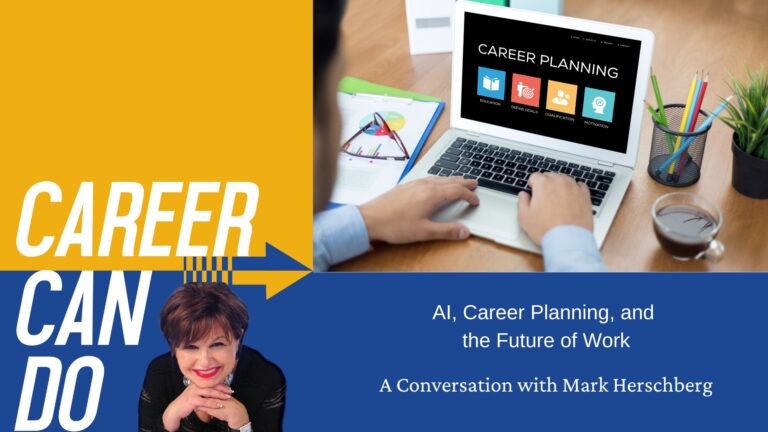Is your plan for a career path nothing more than a list of vague aspirations? What if you could create a concrete plan and gain the skills that will help you achieve the career success you’re hoping for? Mark Herschberg joins Mary Ann Faremouth in this episode of Career Can Do and shares his insights on how to navigate the new work world. Mark is an instructor at MIT and the author of the book “The Career Toolkit: Essential Skills for Success No One Taught You.” They discuss a common mistake in creating a career plan, how to adapt to the changing landscape of AI, and the importance of the ‘firm skills’ no one taught you.
Mark emphasizes the need for individuals to have a career plan rather than simply hoping for promotions or advancements. “So many people, when they ask themselves about their careers or others ask, might say, well, I’d like to be a VP, and I’m a director of whatever, or a senior… And that’s the plan. Their entire plan is, “I hope one day to get this promotion or get to that level.” That’s not a plan.” Mark also suggests discussing the plan with one’s company and being open to the idea that the plan may lead to transitioning to a different job in the future.
Mark discusses the concerns surrounding AI and its potential to automate tasks and replace jobs. He offers a different perspective on how you can stay relevant in your career. “You want to be very strategic. Understand how those tasks will evolve, what will go away, what will stay, and what new tasks will come in.” Mark advises people to evaluate which tasks are high-value and hard to automate, as well as low-value tasks that can be automated. By focusing on high-value tasks and understanding the evolving nature of your role, you can adapt and position yourself for long-term career success.
Your career development plan shouldn’t be created in a vacuum. Mark emphasizes the importance of discussing career plans with employers and managers. He believes employers should work together with employees to find mutually beneficial solutions. As an employer, he shares some of the discussions he’s had with employees who want to transition to different roles or even different companies. By fostering open communication and understanding, employers can create a supportive environment that encourages growth and development.
Resources:
Mark Herschberg on LinkedIn | The Career Toolkit



